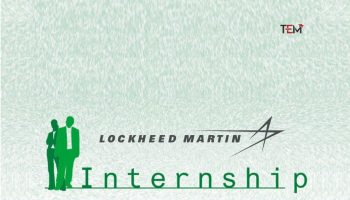
The Next-gen Science Standards (NGSS) have been in existence in a pivotal juncture in history. When big changes in education occur on a nationwide scale. Student demographics are fast shifting across the nation, as teachers have witnessed a constant development in student diversity in the classrooms. Nonetheless, achievement differences in science along with other critical academic metrics have remained across demographic divisions.
On sleep issues, training programs are forming for a new wave of standards through the NGSS as well as Common Core State Standards (CCSS) for English language arts and reading and mathematics. Due to the cognitive demands of those new requirements, teachers must undertake instructional changes to make sure that a lot of students are college and job-ready.
KnowAtom for NGSS Improves Student Math and ELA Performance

The National Research Council issued their seminal Handbook to Implementing Next-gen Science Standards in 2021. The framework for K-12 Science Education and then Generation Science Standards (NGSS) would be a vision based on how to teach hands-on science methods and techniques to future workers.
According to Northeastern University scholar Dr. Tracy L. Waters, NGSS continues to be implemented by a minimum of forty-five states and also the District of Columbia since that time, affecting the vast majority of the U.S. school-aged population.
KnowAtom is collaborating with school districts across the country to support NGSS-based instruction through its research-based science curriculum, which is designed to connect students with natural phenomenon science, technology, engineering, and math (STEM) learning possibilities and also to support teachers through the entire process.
Allowing students to learn cooperatively

Teachers provide hands-on learning experiences that permit students to learn cooperatively instead of giving abstract knowledge and asking pupils to memorize and recall them. Students collaborate in the classroom to question, research, and react to scientific phenomena. Dr. Waters learned that by doing so, kids increase knowledge while also strengthening core arithmetic, reading, and writing abilities.
Traditional professors must make practical modifications to their pedagogy and, in some cases, their views about student capacity and the nature of teaching science to apply this new paradigm. Instead of teaching a lot of knowledge, teachers focus on essential principles and ideas which have a broad impact in science, engineering, along with other fields.
Students can collaborate with questions and explore something totally new to learn. This training provides more opportunities for pupils to exhibit proficiency in the learning process and practise important math, reading, and writing abilities. As a result, this NGSS-based scientific curriculum from KnowAtom represents a significant shift in how science is taught in elementary and middle school.
Towards Professional Development

Dr. Waters observed long-term changes in instructor's instructional approaches and concepts by what children could achieve while reviewing fourth and fifth-grade science courses that used KnowAtom’s curriculum.
Waters’ research says the school district required to increase its professional development chances for teachers to talk about better and improve their teaching methods to achieve long-term success when implementing the NGSS-based curriculum.
Her research supplies a list of the community’s new fitness plan “Science Champs.” Working with KnowAtom, the district educated “teacher leaders” who returned for their schools to mentor their peers and construct an in-house professional development network to higher assist teachers over time.





